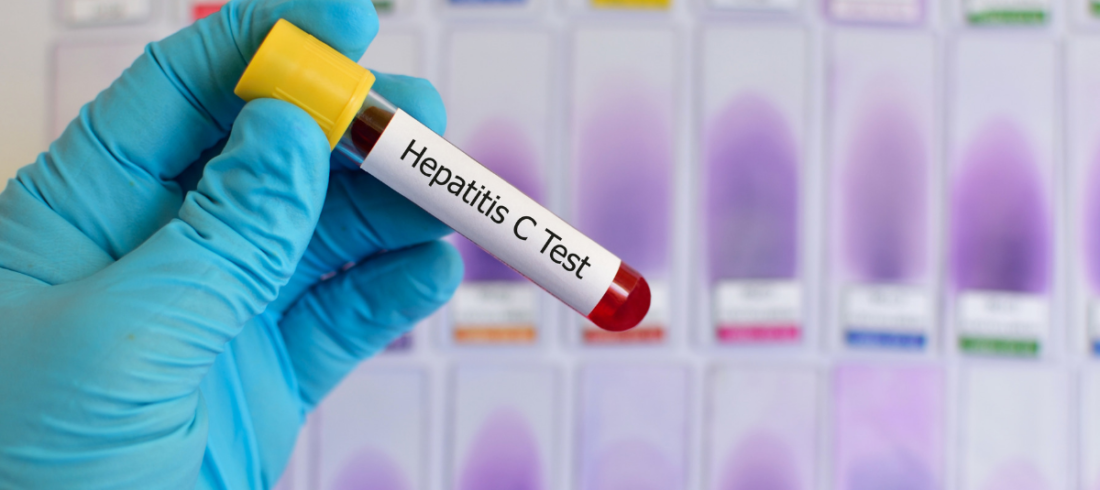Hepatitis C is a silent yet potentially serious infection that affects millions of people worldwide. It often shows no symptoms in its early stages, making it one of the most underdiagnosed liver conditions. The only way to confirm whether someone has it is through a simple blood test that detects the virus. Knowing when to get tested can make all the difference in protecting your health and preventing further liver damage. Many people consider getting a Hepatitis C Test in Dubai when they become aware of potential risks or experience certain symptoms, but understanding the right timing is crucial for early detection and treatment.
Understanding Hepatitis C and Its Impact
Hepatitis C is caused by the hepatitis C virus (HCV), which primarily affects the liver. Over time, the infection can lead to serious complications such as cirrhosis, liver failure, or even liver cancer. Since it can remain undetected for years, the disease is often referred to as a “silent killer.” Fortunately, with modern testing methods, it’s now easier than ever to identify the virus early and begin treatment before irreversible damage occurs.
Transmission of hepatitis C typically occurs through contact with infected blood. This may happen through blood transfusions received before 1992, sharing needles, using non-sterile medical or cosmetic equipment, or even from mother to child during birth. Unlike hepatitis A and B, there is currently no vaccine available for hepatitis C, which makes awareness and regular testing even more essential.
The Importance of Early Testing
The earlier hepatitis C is detected, the better the outcome. Early detection allows healthcare professionals to monitor the liver and start treatment before complications arise. Because symptoms often appear late in the infection, relying on how you feel isn’t enough. In fact, many people live for decades without realizing they are infected.
Testing is particularly important for individuals with specific risk factors. These include people who have received blood transfusions or organ transplants before reliable screening methods were introduced, those who have used injectable drugs, and healthcare workers who may have been exposed to infected blood. Additionally, individuals living with HIV are at higher risk and should consider testing even in the absence of symptoms.
Common Signs That May Indicate Hepatitis C
Although hepatitis C can be asymptomatic for years, certain signs and symptoms may develop over time. These include persistent fatigue, joint pain, nausea, loss of appetite, dark urine, and yellowing of the skin or eyes (jaundice). Some individuals may also experience abdominal discomfort or swelling in the liver area.
However, these symptoms are not specific to hepatitis C and can easily be mistaken for other conditions. That’s why a laboratory test is the only reliable method to confirm whether the virus is present in the body. Even if you feel healthy but have a history of potential exposure, it’s wise to undergo testing as a preventive measure.
Who Should Consider Testing?
Certain groups of people are more likely to contract hepatitis C and should prioritize getting tested. This includes:
- Individuals who received blood transfusions or organ transplants before 1992
- People who have ever injected or inhaled illicit drugs
- Healthcare workers with possible exposure to infected blood
- Individuals on long-term hemodialysis
- People with tattoos or piercings done in unregulated settings
- Children born to mothers infected with hepatitis C
- Individuals diagnosed with liver disease or abnormal liver enzyme levels
Even if you do not fall into these categories, it’s still important to discuss your health and risk factors during routine checkups. Awareness and testing can lead to early treatment, which significantly improves long-term health outcomes.

The Testing Process
Getting tested for hepatitis C is a straightforward and minimally invasive process. The initial screening test checks for antibodies that the body produces in response to the virus. If antibodies are detected, a follow-up test confirms whether the infection is active. This two-step process helps ensure accurate diagnosis and guides the next steps for monitoring or treatment.
Results are typically available within a few days, and if the test confirms infection, further evaluation will determine the condition of your liver and the best course of action. With the advancements in antiviral medications, hepatitis C can now be treated successfully in most cases, leading to complete recovery and restored liver function.
Why Timely Testing Matters
Delaying a hepatitis C test can increase the risk of complications and allow the virus to progress silently. Early testing can help you take charge of your health and prevent severe liver problems in the future. It also reduces the risk of unknowingly transmitting the virus to others. By identifying the infection early, treatment can begin at the most effective stage, offering the best chance for a full recovery.
Testing is especially recommended for adults born between 1945 and 1965, as this group has been found to have a higher prevalence of the virus. Even if you feel perfectly healthy, knowing your status can provide peace of mind and the opportunity for timely intervention if necessary.
Taking the Step Toward Prevention
Living with uncertainty can be stressful, but taking a simple step like getting tested for hepatitis C can make all the difference. Whether you have risk factors, mild symptoms, or simply want reassurance, the decision to get tested is a proactive choice for your well-being. Many individuals opt for a Hepatitis C Test Dubai to gain clarity about their health and ensure early management if needed. Remember, awareness, testing, and timely treatment are the strongest defenses against this silent infection. Taking the test not only safeguards your health but also helps protect others, paving the way toward a healthier, virus-free future.





Comments